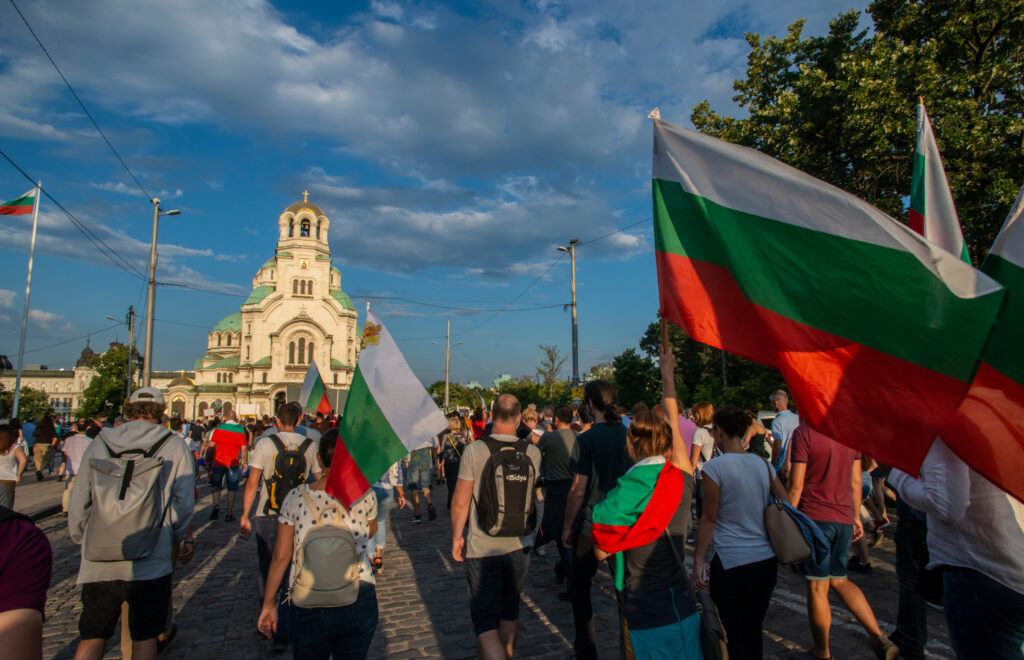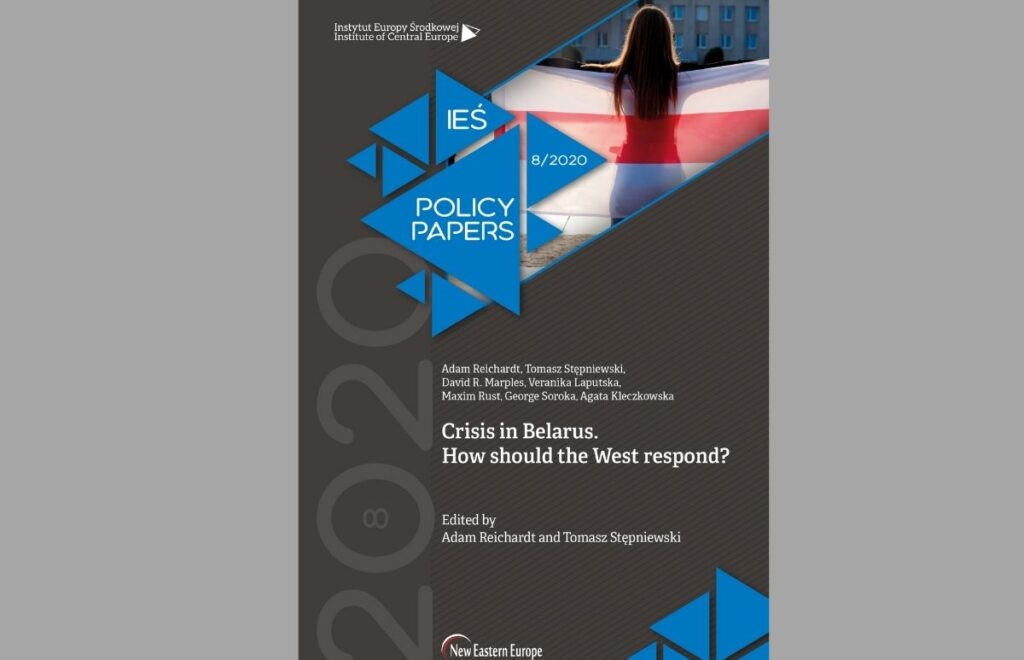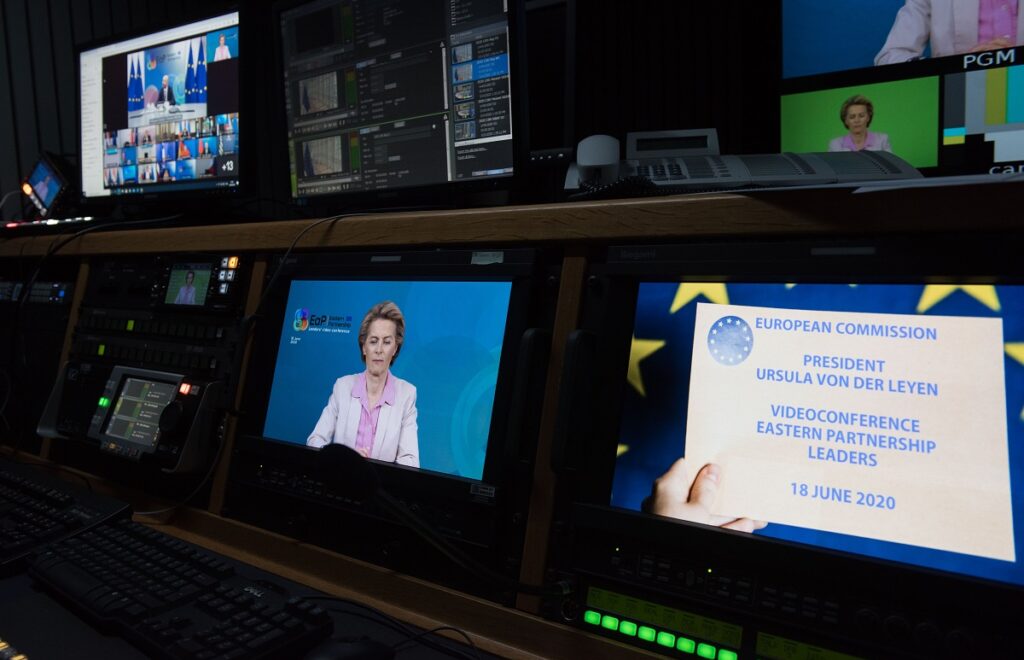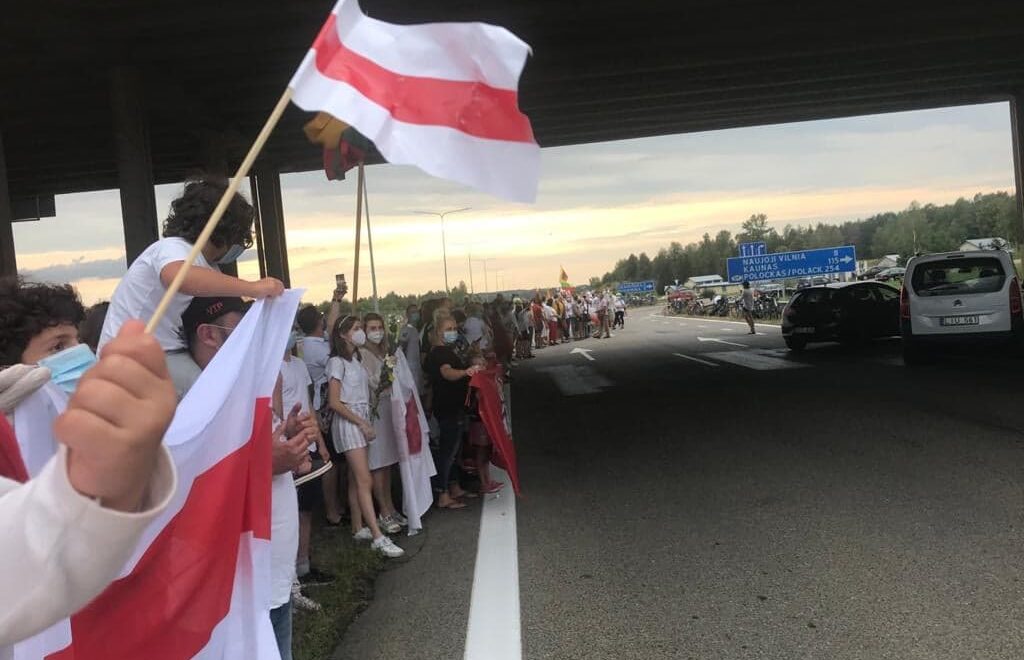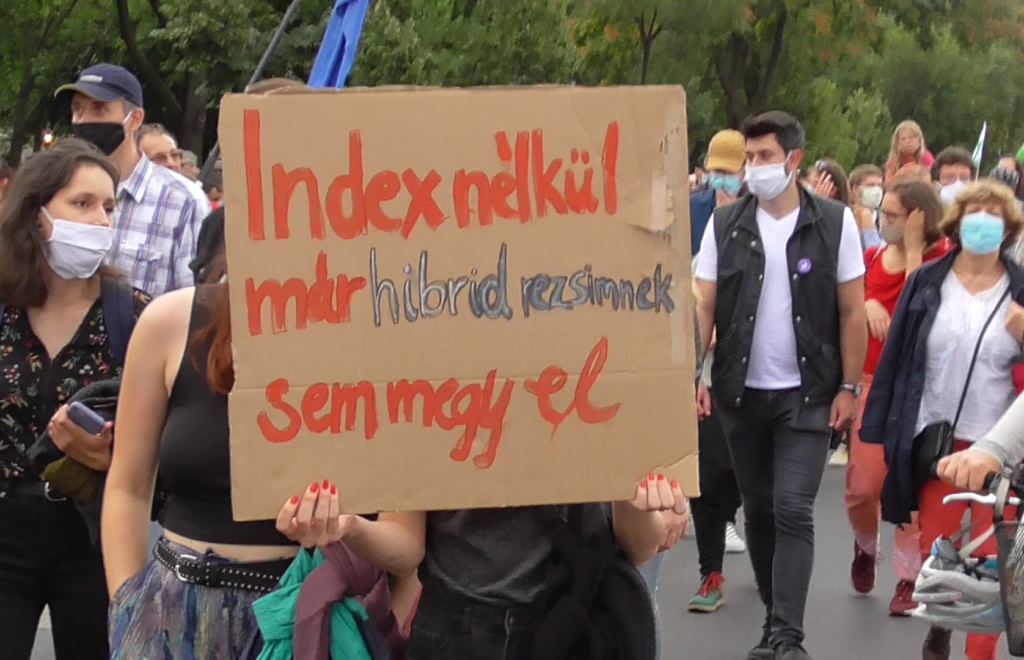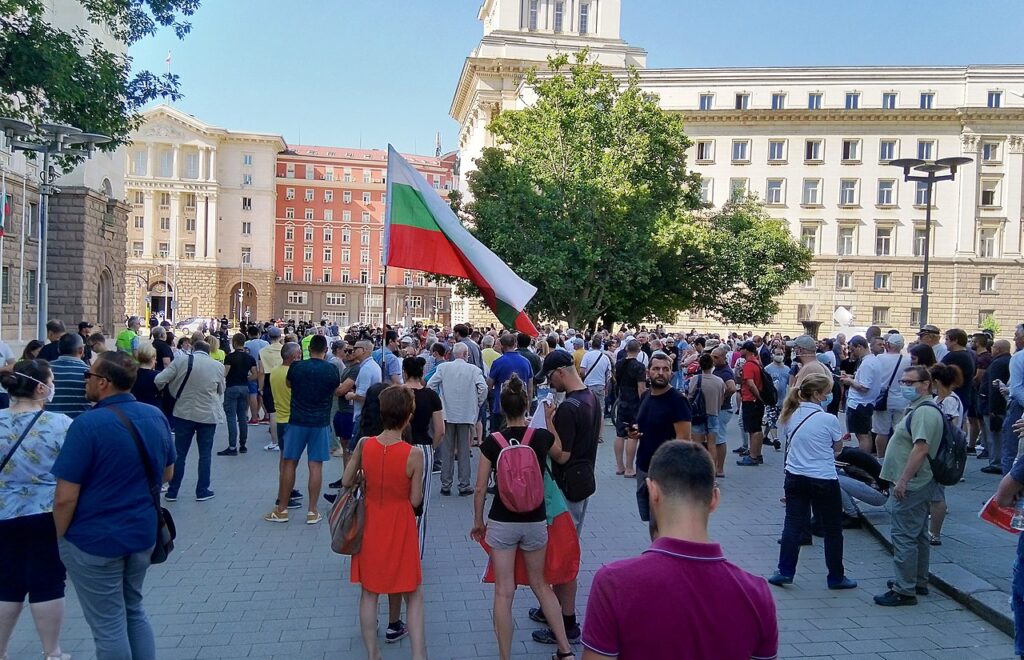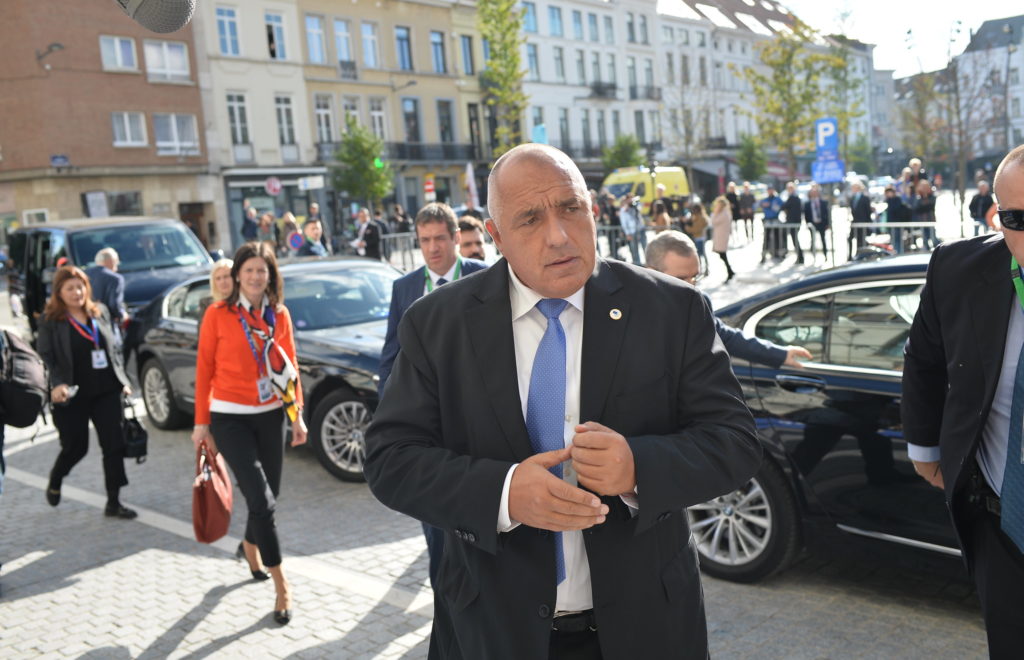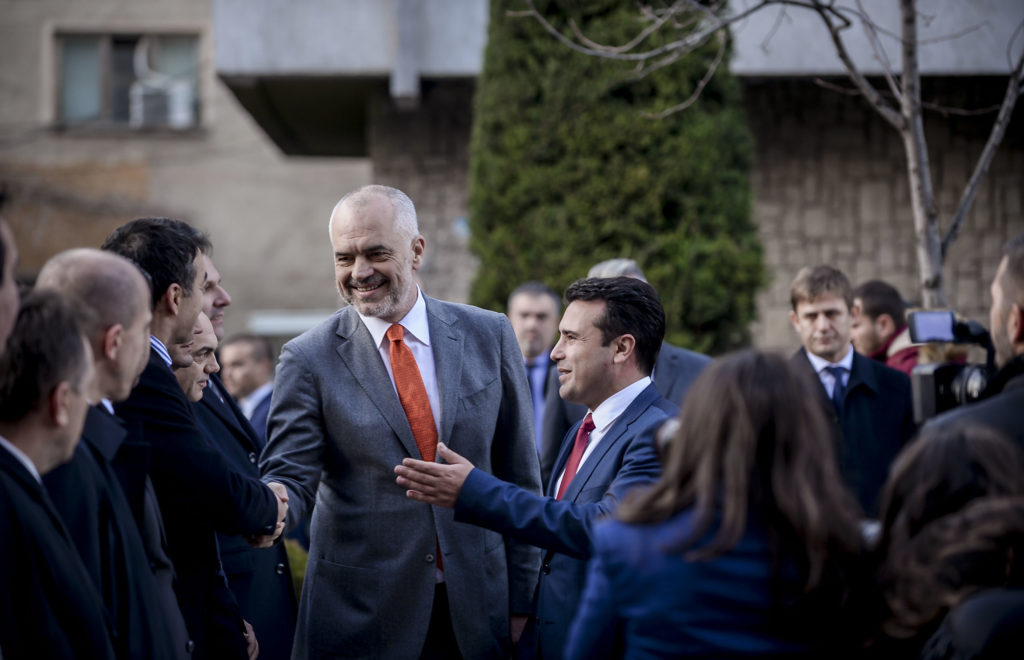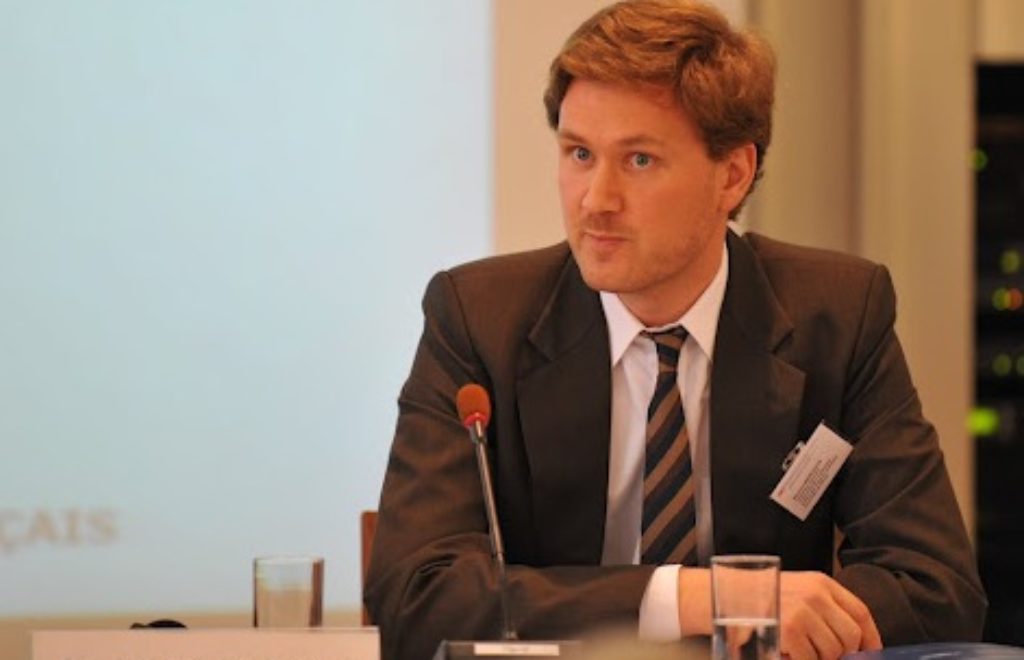By signing Association Agreements with some countries of the Eastern Partnership, the EU has embarked on a foreign policy experiment. In essence, it is an offer of integration without accession to promote transformative reforms in neighbouring countries. This necessitates a change in the nature of the support that the EU typically offered in the past.
The European Union has offered the six Eastern neighbourhood countries – Armenia, Azerbaijan, Belarus, Georgia, Moldova and Ukraine – a privileged relationship with the eventual aim of economic integration into the EU’s single market. To some, this offer has proven attractive as evidenced by the conclusion of the Association Agreements and the Deep and Comprehensive Free Trade Areas with Georgia, Moldova and Ukraine. Armenia, Azerbaijan and Belarus, however, have opted for a looser relationship within the framework of the multilateral Eastern Partnership.
September 4, 2020 -
Katarina Mathernova
Kataryna Wolczuk



